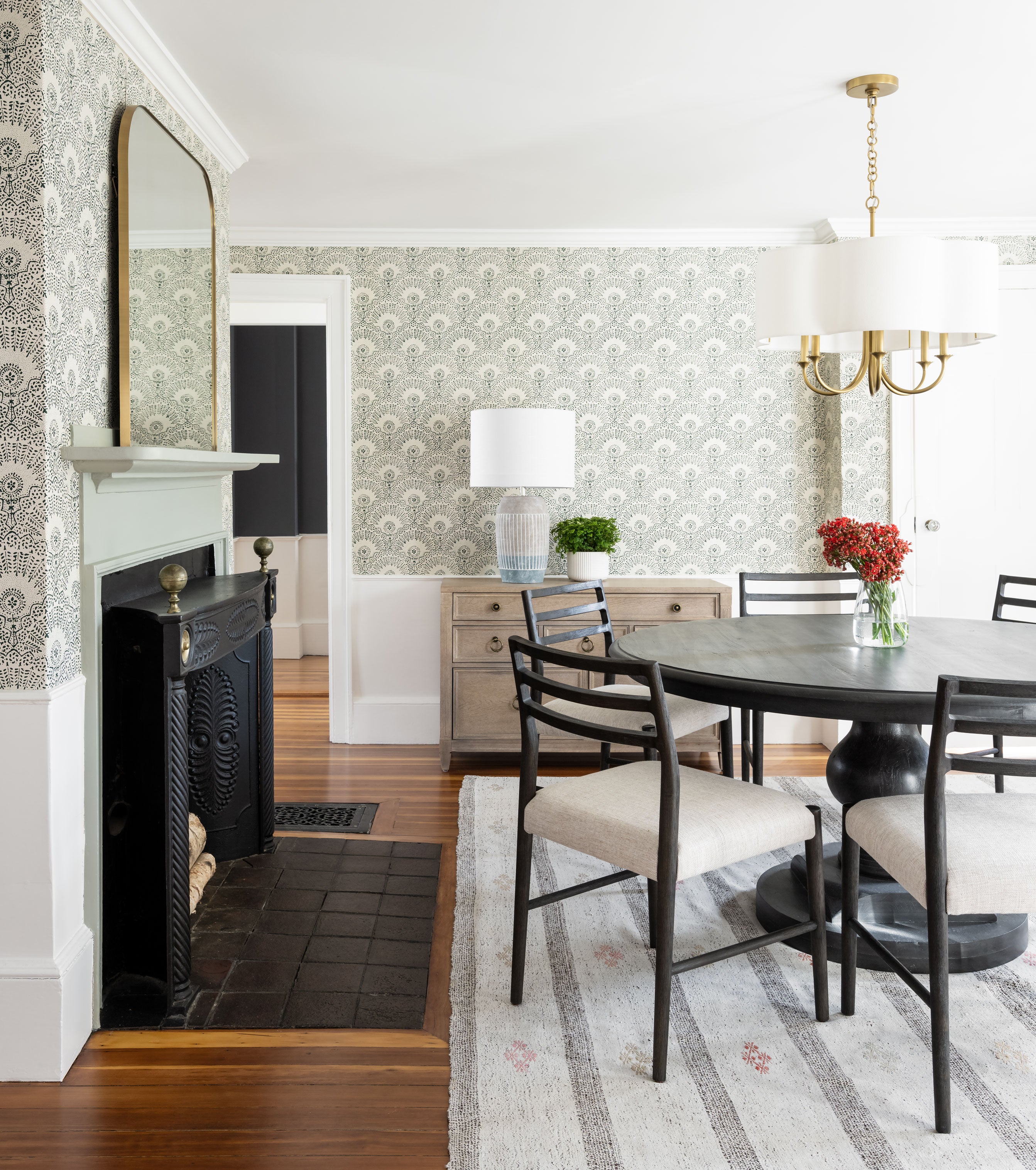A designer’s time is precious—and when it’s spent going back and forth, particularly after a design has been finalized, exchanges risk becoming tiresome if not outright contentious. It can be frustrating to hear that a client wants to substitute something after the fact, but the reality is, replacement requests are an inevitable part of the process. Here, we ask four industry pros—Irene Roqué, Matthew Boland, Samantha Arak and Maria Viola-Kuttruff—how they navigate that conversation.

Cost Benefit
“It often depends on budget. For me, it comes down to explaining to the client the cost of what they’re asking for—it’s going to delay the process, and it’s going to cost more. If they’re OK with that, then we can move forward. But I like to make them aware that it’s going to put a pause on the project, especially depending on how large the request is. Sometimes I find that if a client requests a change, it’s because they didn’t have a good understanding of what I wanted for them [from the outset]. It’s a part of client communication that I have to look at as well—it’s not entirely their fault!” —Irene Roqué, Alo + Hane Design, San Francisco

Handle With Care
“I always handle a client’s replacement request with compassion and care, which requires one-on-one dialogue, trust and respect. The first thing is to get to the bottom of the request: Is it because the client needs a worn-out item replaced [from a past project]? If yes, we always look at what will be better aesthetically and functionally. Or did I install something new, and have they just not had enough time yet to adjust to the change? Sometimes, new can be uncomfortable, and I am always supportive of the emotional side of what we do. Is it possible to adjust rather than replace? Sometimes, all that’s needed is a slight adjustment.” —Matthew Boland, MMB Studio, Scottsdale, Arizona

Honesty Hour
“Replacement requests are luckily rare because we’ve sourced at a level of quality such that the materials and fabrication meet or exceed expectations. That said, I’ve certainly seen subpar items arrive that either went through quality control too quickly or were damaged in transit. Typically, that’s something I’d communicate to a client and then work to make right. In the event a client is underwhelmed by a selection or the scale seems off to them, it may be that styling or additional accessories are needed to pull it all together. Or potentially, we could relocate said piece to a different room. A change in preference is not something I would accommodate—and that is spelled out in my contract. But I’ll always work to find a way to finesse [the situation] so at the end of the day, clients are beyond delighted in their space and the pieces they’ve invested in.” —Samantha Arak, Samantha Carey Interiors, Boston

Measure Up
“Most of our clients understand that as the designer, I will actually initiate a replacement if I don’t feel like an item is meeting my standard of what our firm expects and delivers in luxury design and custom-made goods. If something does need to be fully replaced, we first make sure the request (whether from us or the client) is justified. Is the piece damaged? Was it made correctly according to our written specifications? The answers determine our actions. Ultimately, our goal is to find a solution for the client, and that usually means working closely with the manufacturer or vendor to expedite a replacement.” —Maria Viola-Kuttruff, Viola Interior Design, Ardmore, Pennsylvania
Homepage image: A New England dining room designed by Samantha Arak | Tamara Flanagan





























